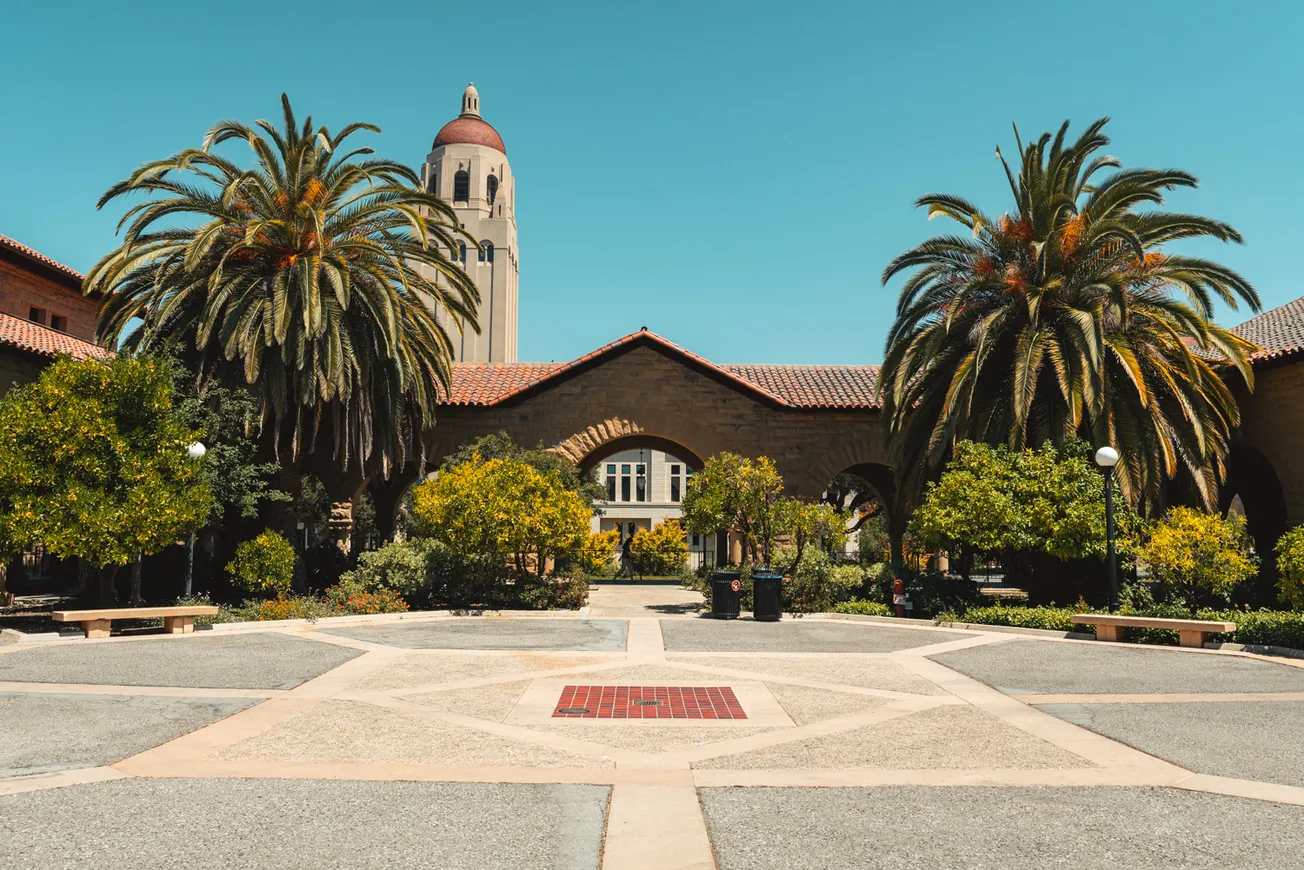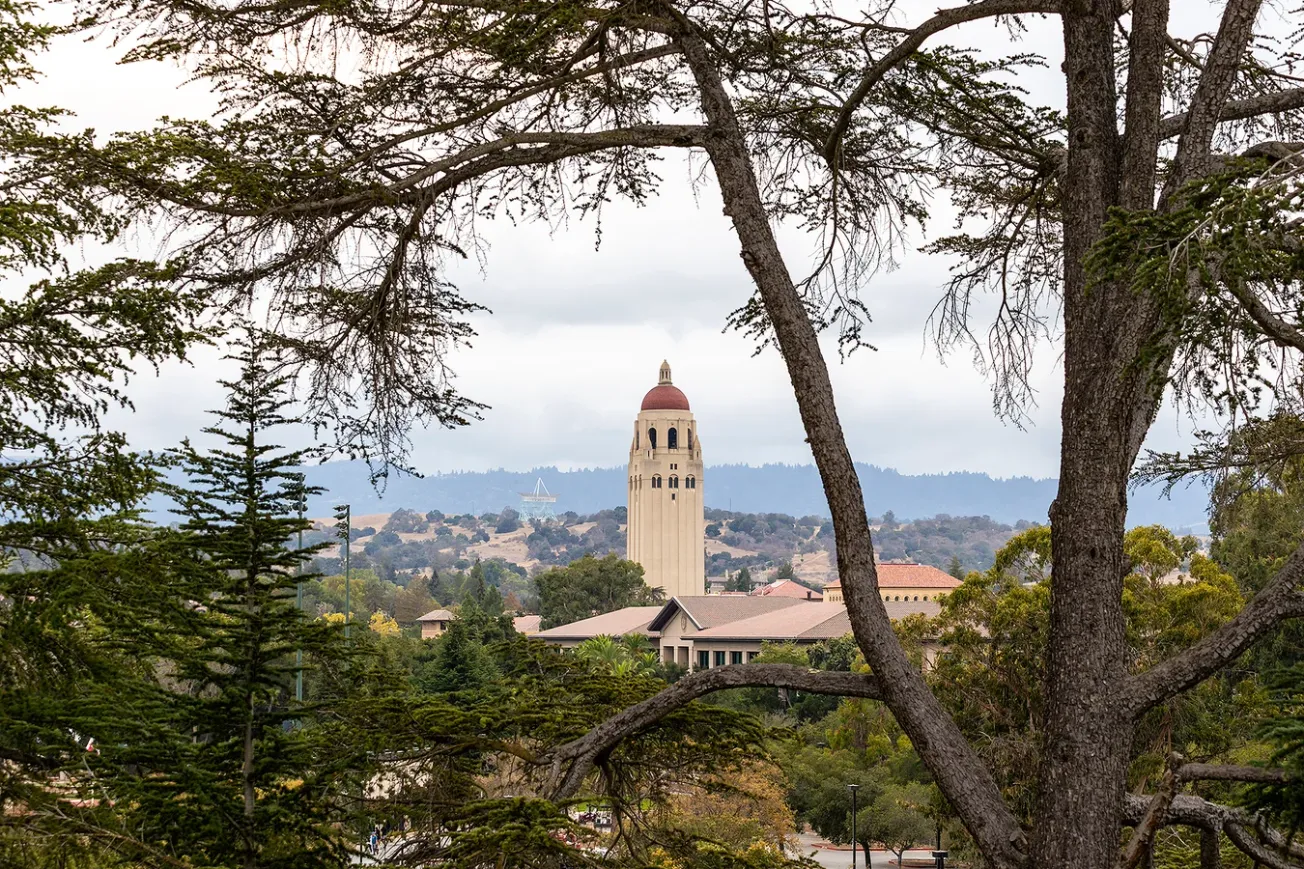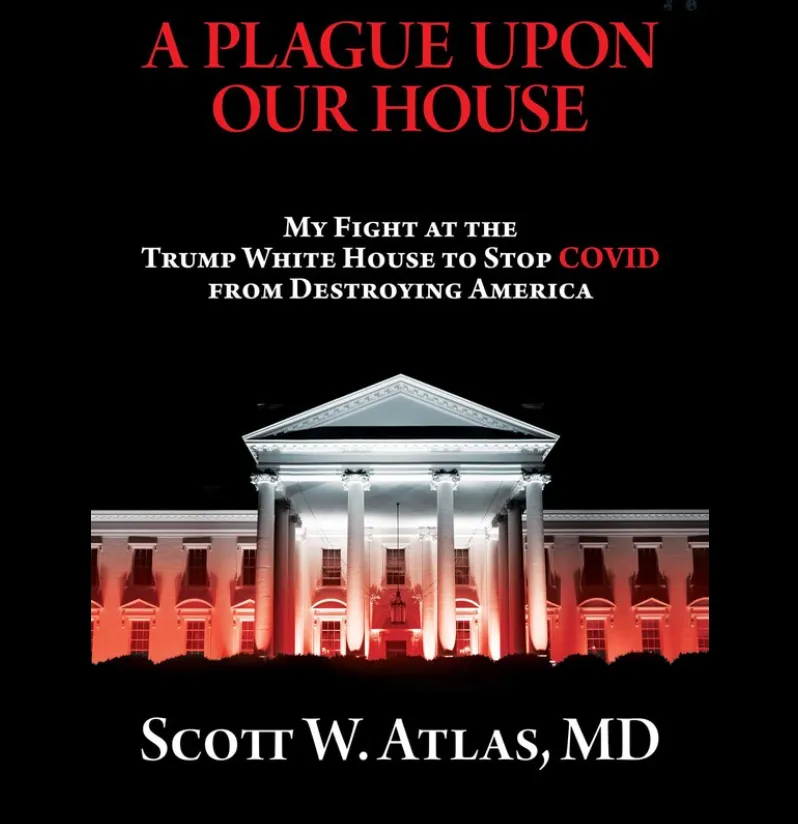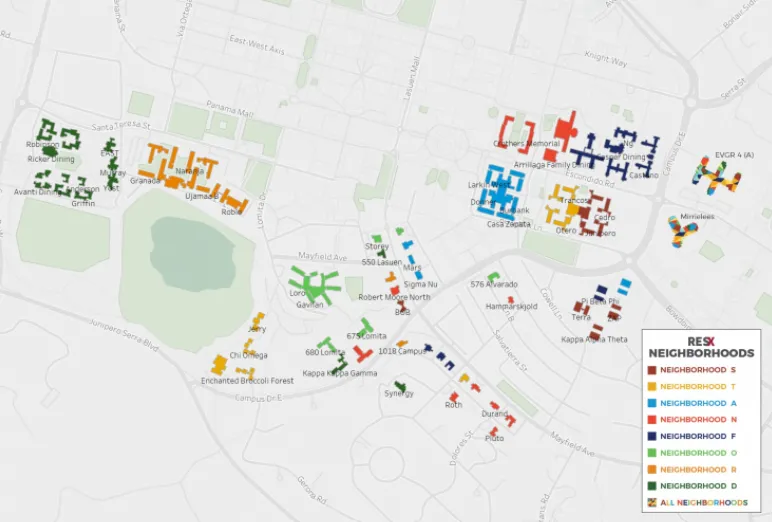Table of Contents
Combing through Stanford’s course catalogue can be a bleak experience, and the University doesn’t do much to guide students in picking interesting coursework outside their major. To help you out, we’ve combed through the fall course catalogue for you! We’ve picked classes that current and past Review members especially enjoyed taking. These courses have unique political and philosophical perspectives and we think you’ll find them refreshing, especially on a campus where a lot of discourse has become orthodox and boring. We hope you'll make use of the recommendations to create a well-rounded intellectual experience.
THINK, PWR, and Introsems
GERMAN 57N: Nietzsche and the Search for Meaning, Professor Matthew Smith. 3 Units. Wednesday and Fridays, 9:45 AM - 11:15 AM.
CS major Mimi St Johns ‘24 recommends this introsem as an excellent introduction of the philosophy of German philosophers Nietzsche, Schopenhauer, and Kant. She also notes that “You also learn a bit about 1800s German History and Wagner. It’s a good intro into applied philosophical concepts for freshmen.” We know that introsem applications have passed, but we recommend shopping the class regardless--spots may always open up.
HISTORY 212D: Dante's World: A Medieval and Renaissance Journey, Professor Christopher Bacich. 5 Units. Fulfills WAY-A-II / WAY-SI. Tuesdays, 9:45 AM - 12:45 PM.
Perhaps the greatest work of Italian literature, Dante Alighieri’s The Divine Comedy earns its reputation as an epic. Using Dante as his guide, Professor Bacich’s course tours through the time and world of Dante, then a collection of maritime republics. For anyone interested in studying the European Middle Ages and the history and politics of the Catholic Church, this course is a must-take.
HISTORY 252: Originalism and the American Constitution: History and Interpretation, Professor Jonathan Gienapp, 5 Units. Fulfills WAY-A-II / WAY-SI. Tuesdays, 5:30 PM - 8:30 PM
It is rare to find a humanities course at Stanford as rigorous and exciting as Professor Gienapp’s Originalism and the American Constitution. History 252 was undoubtedly my favorite course at Stanford. Professor Gienapp provides a balanced environment to discuss how originalism has penetrated mainstream jurisprudence. The subject matter is particularly relevant to current events, given that self-described originalists are a majority of the Supreme Court. The students in the class are also high caliber - the breakdown is usually 1/3 law students, 1/3 PhDs, and 1/3 undergraduates - and the discussion is at a much higher level than most philosophy and history classes at Stanford. --Quinn Barry, ‘21, former Review EIC:
HISTORY 254E: The Rise of American Democracy, Professor Gienapp. 5 Units. Wednesdays, 5:30 PM - 8:30 PM.
We highly recommend this course, also taught by Professor Gienapp. The early years of American democracy are given far too little time in most American high schools. As noted in the course description, “Prior to and during the American Revolution, few who lived in what became the United States claimed to live in a democracy. Half a century later, most took this reality as an article of faith.” At a time when Americans are debating the meaning of a democracy, this course will allow you to dive into a wealth of primary source material from early American history.
Humanities Core
HUMCORE 111: Texts that Changed the World from the Ancient Middle East, Professor Charlotte Fonrobert and Dr. Vered Shemtov. 3-5 Units. Fulfills WAY-A-II / WAY-ER. Mondays 11:30 AM - 1:00 PM/Wednesdays 11:30 AM - 1:00 PM.
HUMCORE 112: Great Books, Big Ideas from Ancient Greece and Rome, Professor Christopher Krebs. 3 Units. Fulfills WAY-A-II. Mondays 11:30 AM - 1:00 PM/Wednesdays 11:30 AM - 1:00 PM.
HUMCORE 113: Looking for the Way (Dao) in East Asia, Professor Ronald Egan. 3 Units. Fulfills WAY-A-II. Mondays 11:30 AM - 1:00 PM/Wednesdays 11:30 AM - 1:00 PM.
The Humanities Core (HumCore) is an excellent and in-depth introduction to many of the world’s greatest texts, in Western tradition and beyond. The entire HumCore program is a great introduction to foundational Western literature accessible to both humanities and STEM majors.
Cola Buskirk ‘22, who took HumCore 112, writes that the course is “accessible to all students, regardless of major” and that “HUMCORE offers an engaging and thorough introduction to many of the greatest texts in the Western canon, both in their own time and as they relate to a contemporary audience. Professor Krebs’s balance of lecture and discussion encourages students’ growth as thinkers, writers, and speakers.”
PHIL 80: Mind, Matter, and Meaning, Professor Jared Warren and Dr. Antonia Peacocke. 5 Units. Mondays and Wednesdays, 1:30 PM - 3:00 PM.
Professor Warren covers a lot of ground in ten weeks: Phil 80 includes material covering the basics of metaphysics, personal identity, and the nature of belief. But the breadth of the material, in addition to the regular writing required (five papers will be written over the quarter), is what makes the course so beloved. Eva Davis ‘22 highly recommended Phil 80 for being the rare course which “actually critiques your writing and helps you improve your thinking.”
PHIL 100: The History of Ancient Greek Philosophy, Professor Christopher Bobonich. 4 Units. Tuesdays and Thursdays, 11:30 AM - 1:00 PM.
Harvard College’s original admissions requirements were that students be able to write in both Ancient Greek and Latin (it was relaxed to just Latin in 1886, sealing America's decline). While a classical education has been supplanted by the SAT, Greek philosophy remains the foundation of Western thought. Professor Bobonich’s course covers Plato, Aristotle, as well as the various Hellenistic schools such as the Epicureans and the Stoics.
POLISCI 235: Chinese Political Thought: 1895-2021, Professor Dongxian Jiang. 3-5 Units. Mondays and Wednesdays 3:15 PM - 4:45 PM
US-China relations are a popular subject these days, but not enough American policymakers have studied Chinese intellectual history through the lens of its own thinkers. This course investigates whether the Chinese model of government is a legitimate alternative to liberal democracy, as well as how Chinese thinkers have viewed the West within the context of their own country’s historical development.
Many of America’s foreign policy errors can be traced back to moments when we did not understand local cultures and societies as deeply as we could have, and understanding how China’s history has shaped its modern evolution will be critical for future US policymakers. --Neelay Trivedi, ‘23
The Review has also compiled a list of classes taught by Hoover Fellows, with five additional course recommendations. We recommend you take the opportunity to learn from Hoover Fellows whose research ranges from economic policy to international affairs.









